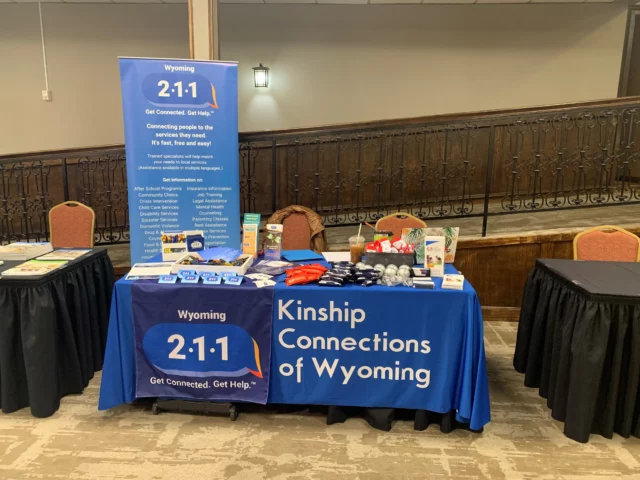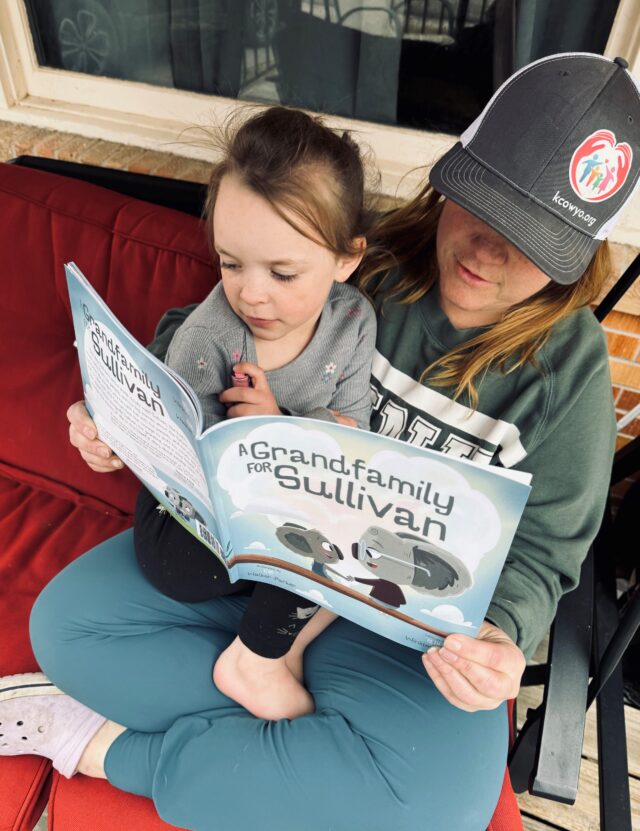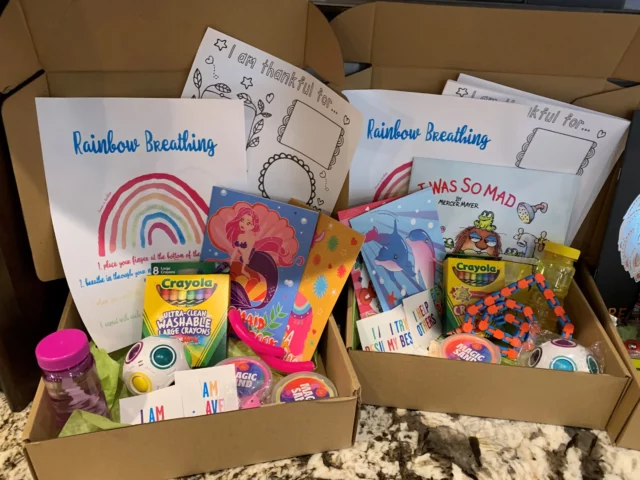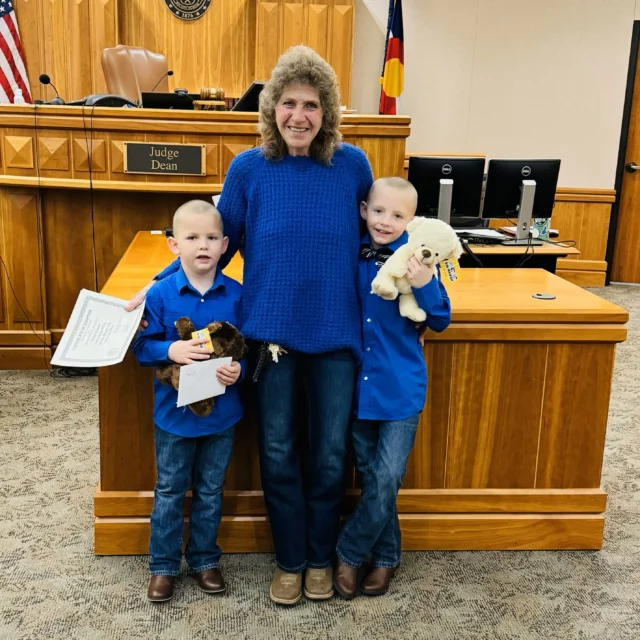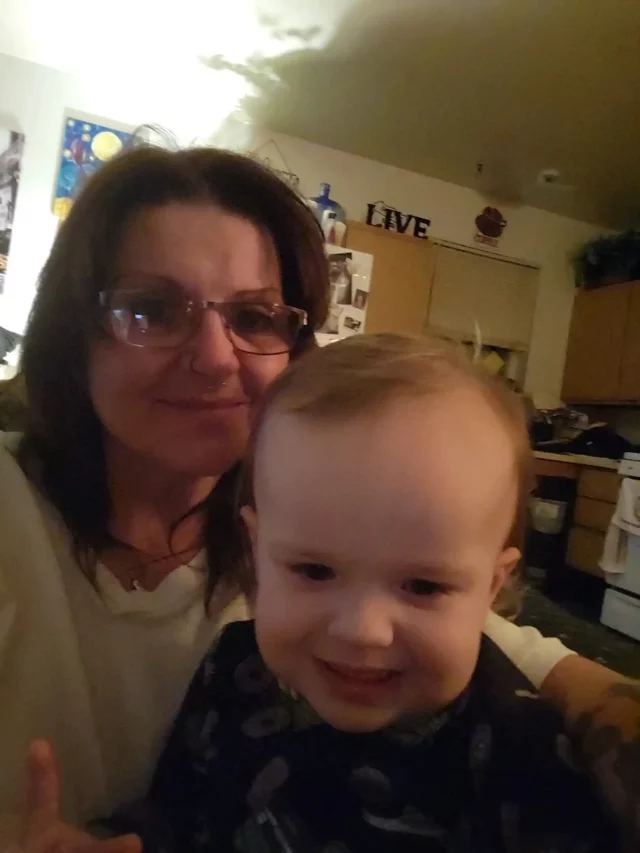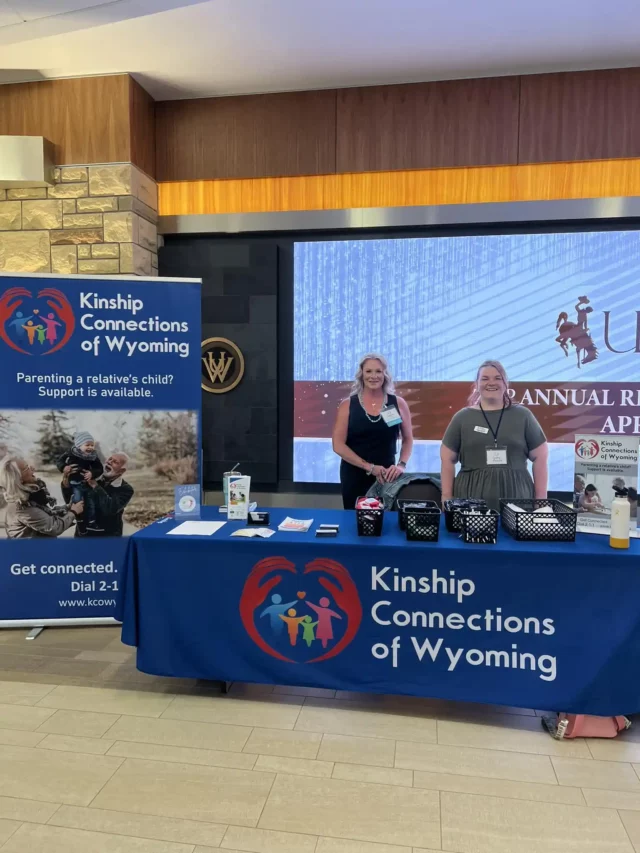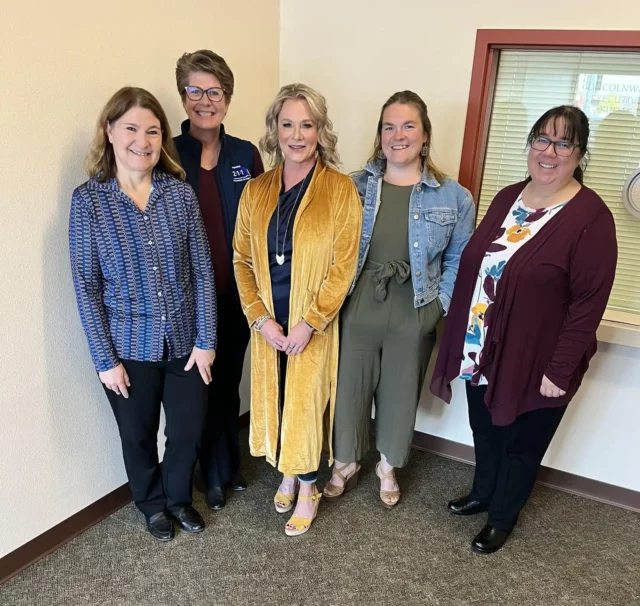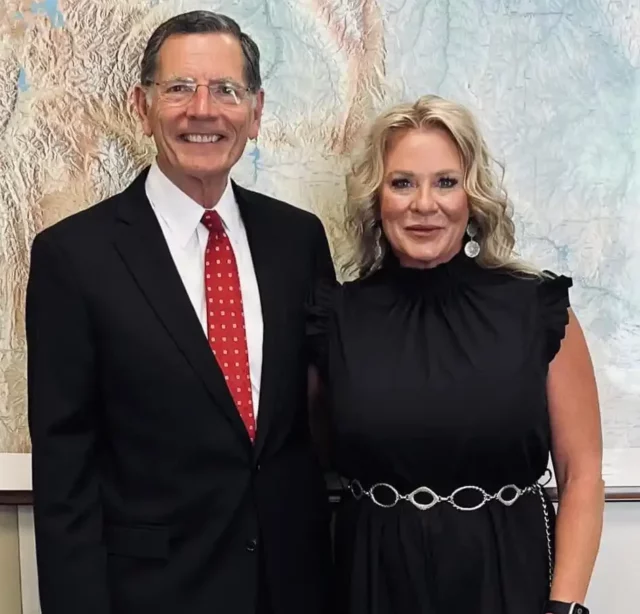Many kinship caregivers find it difficult to enroll the children they are raising in school or authorize the children’s participation in school-related activities without legal guardianship. Some caregivers may need information on how to advocate on behalf of their children for special education programs and related services. Other kinship care families may benefit from additional information on how to take a more active role in their child’s general education.
Through collaboration with state and local education agencies, Kinship Navigators assist families in navigating the educational system, connecting them to appropriate resources, and ensuring that a child’s educational needs are met. Navigators may accompany caregivers to school meetings, such as IEP meetings. Kinship Navigators may also connect families to academic resources (e.g., tutoring, GED programs, credit recovery programs, college preparatory programs, and educational summer programs).
